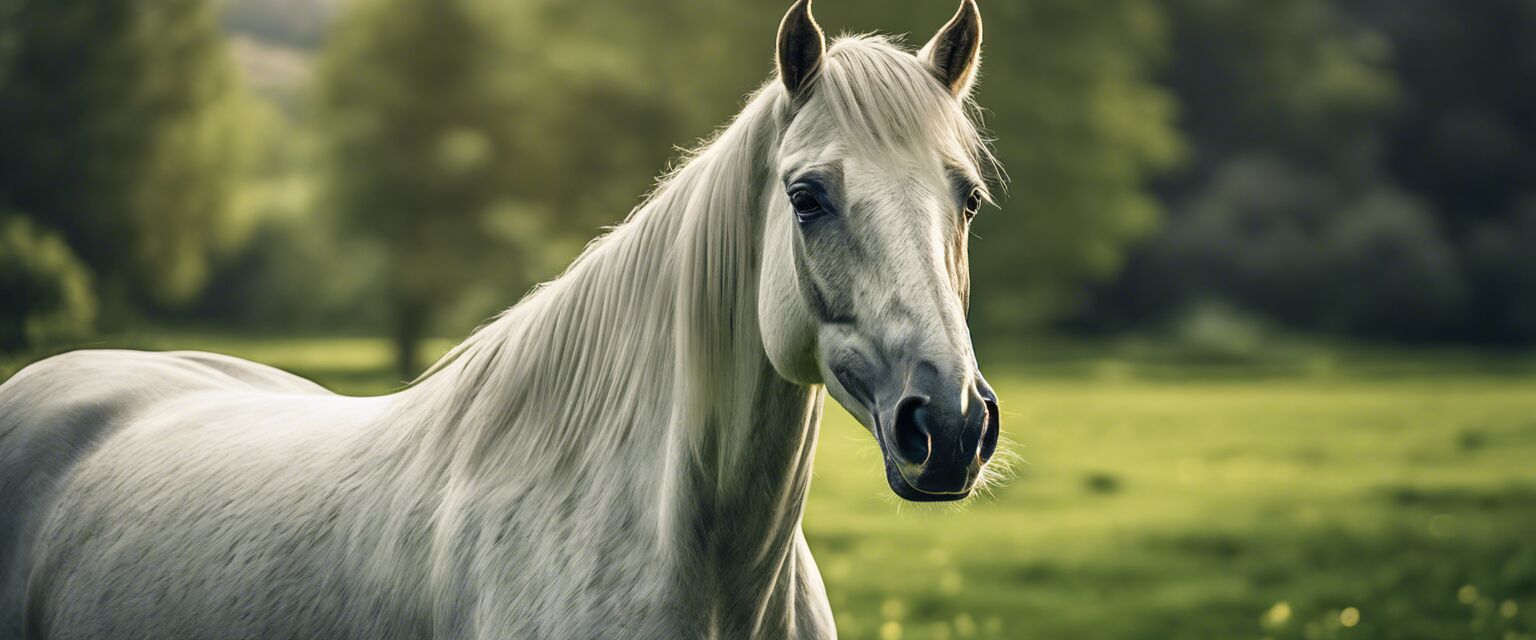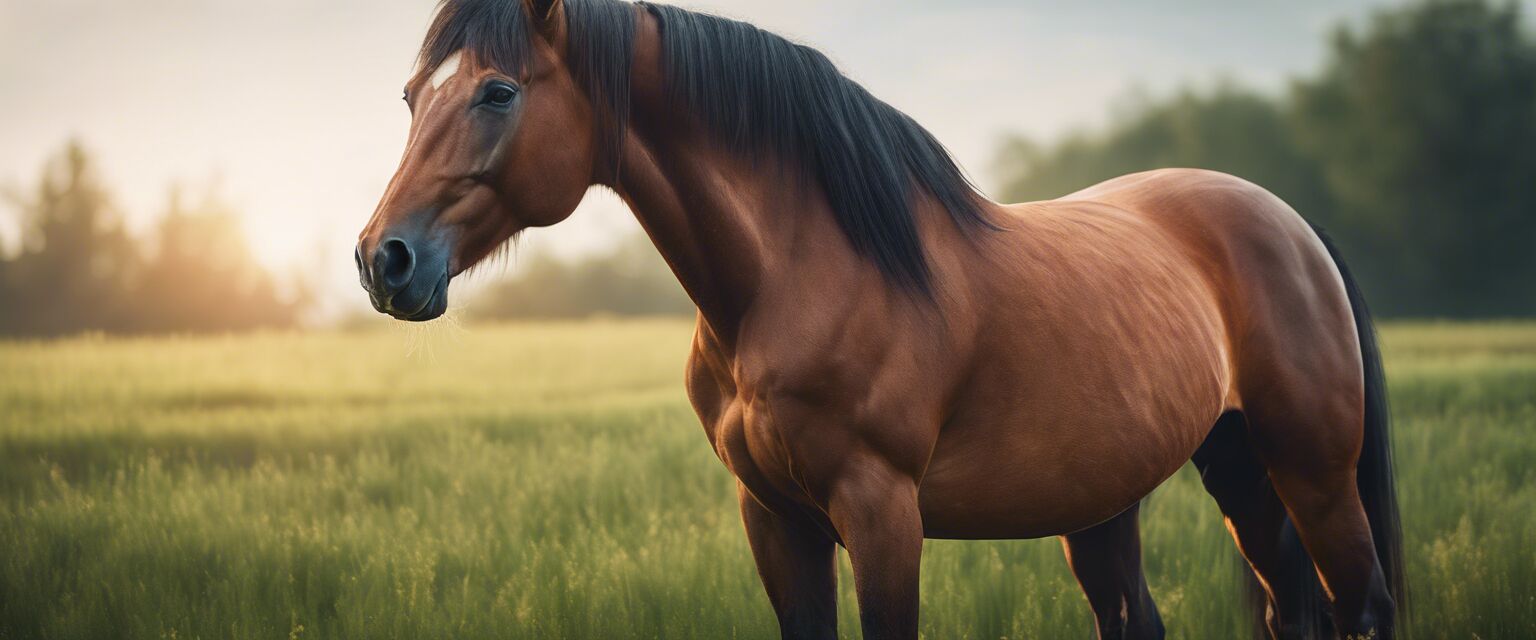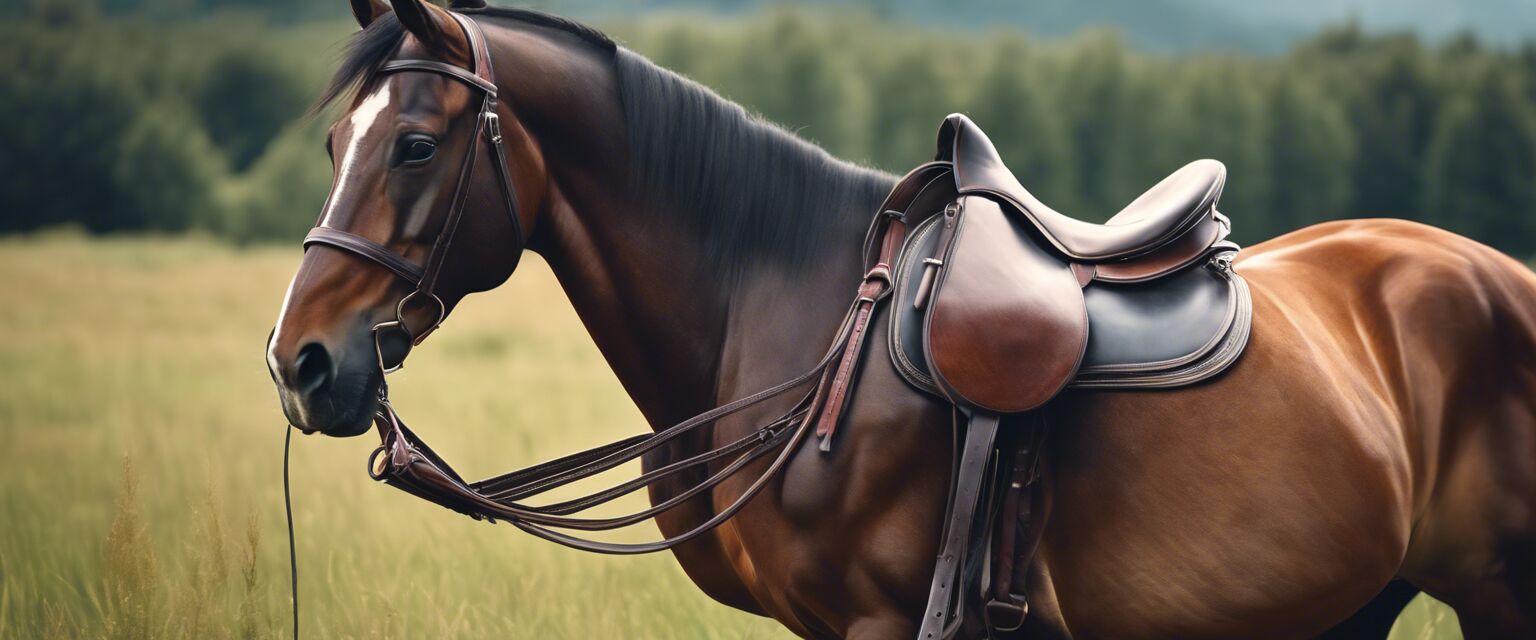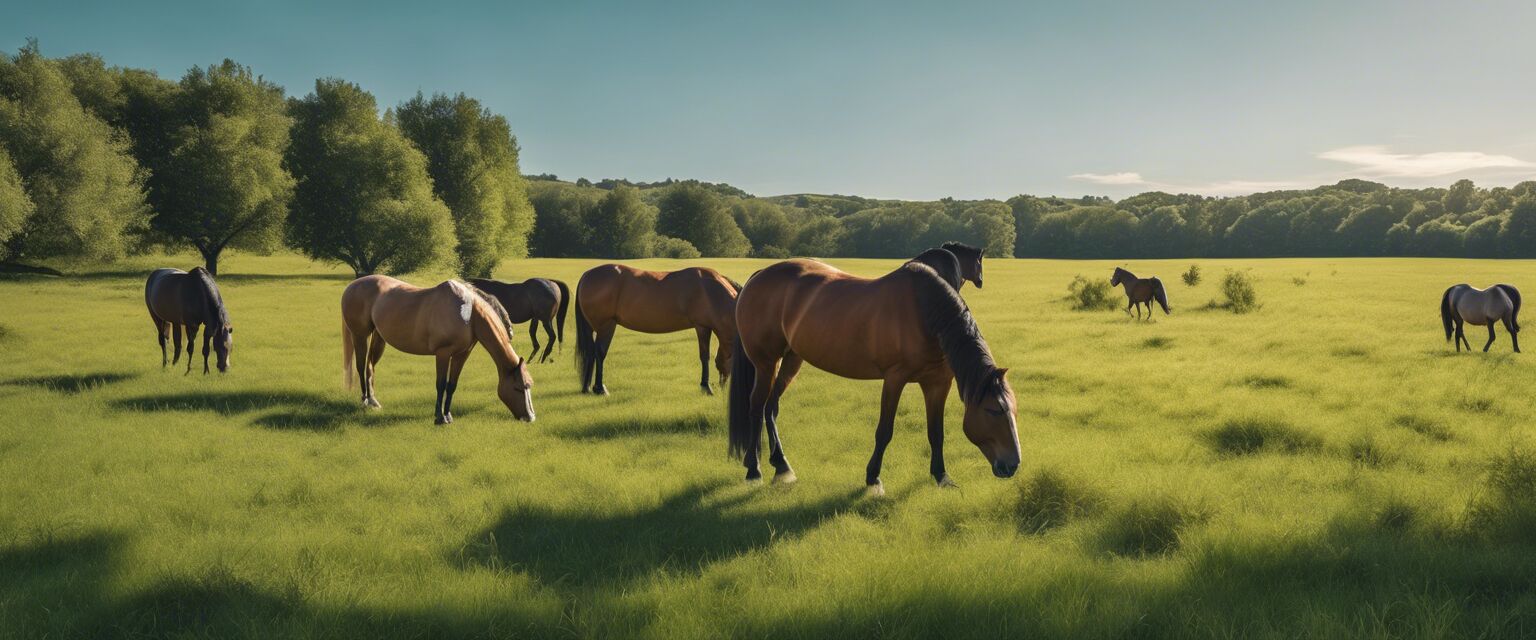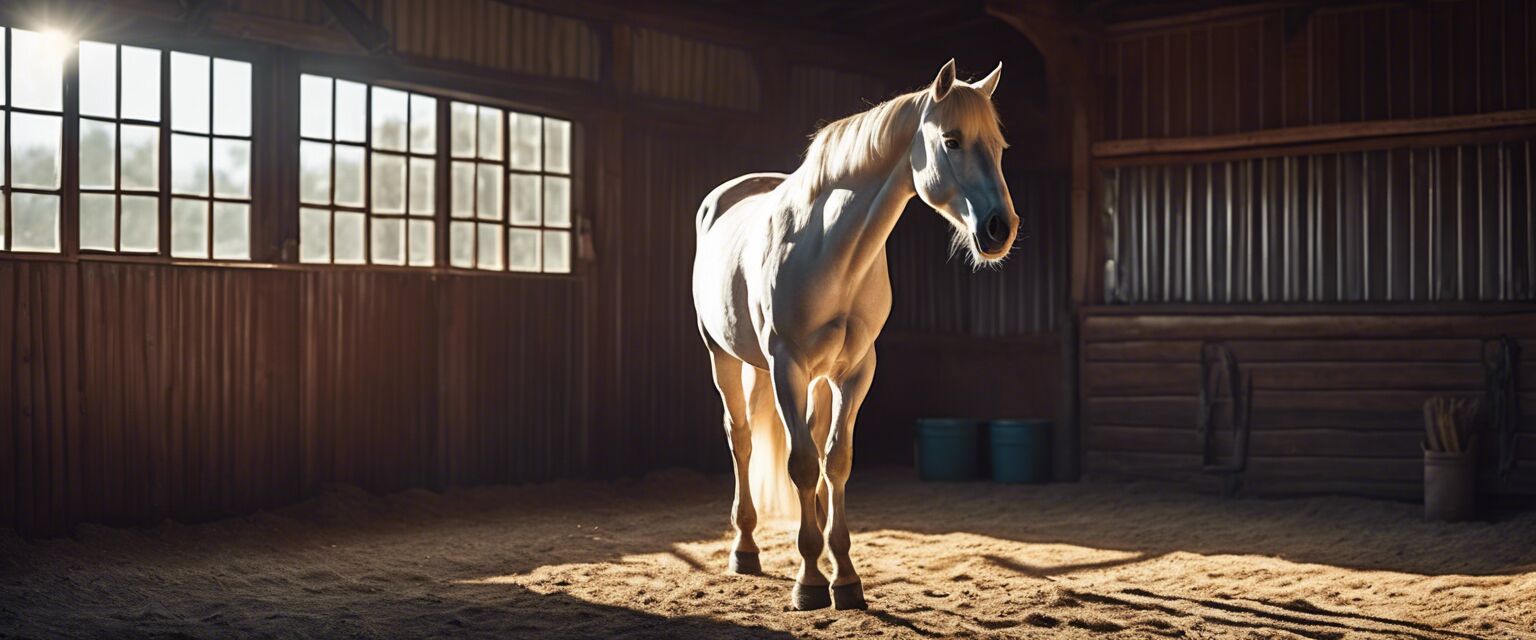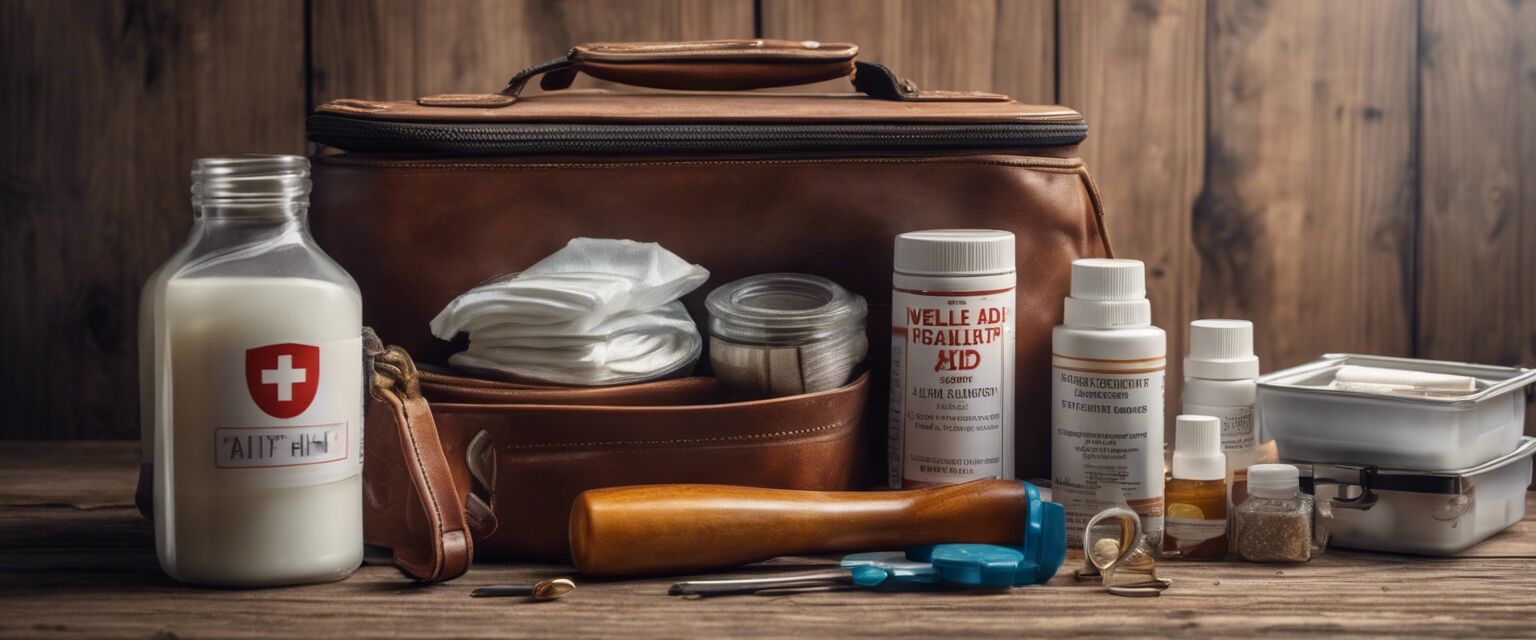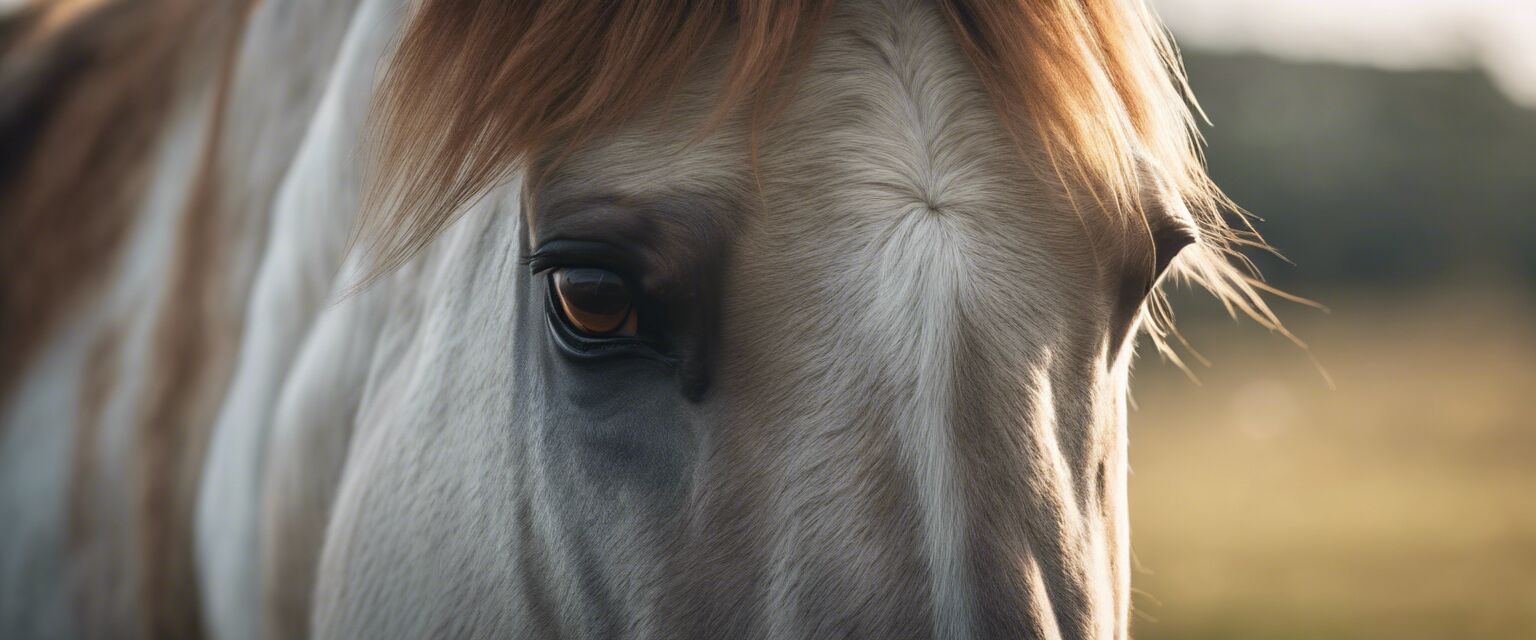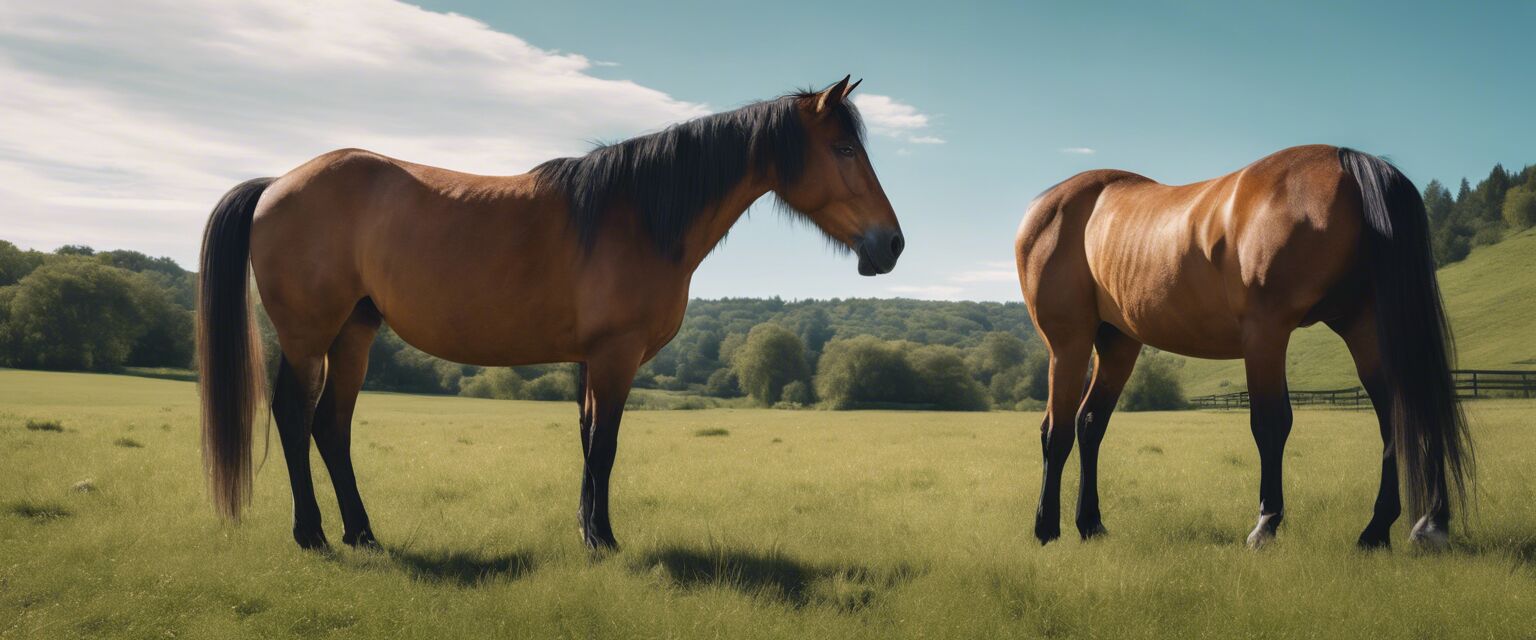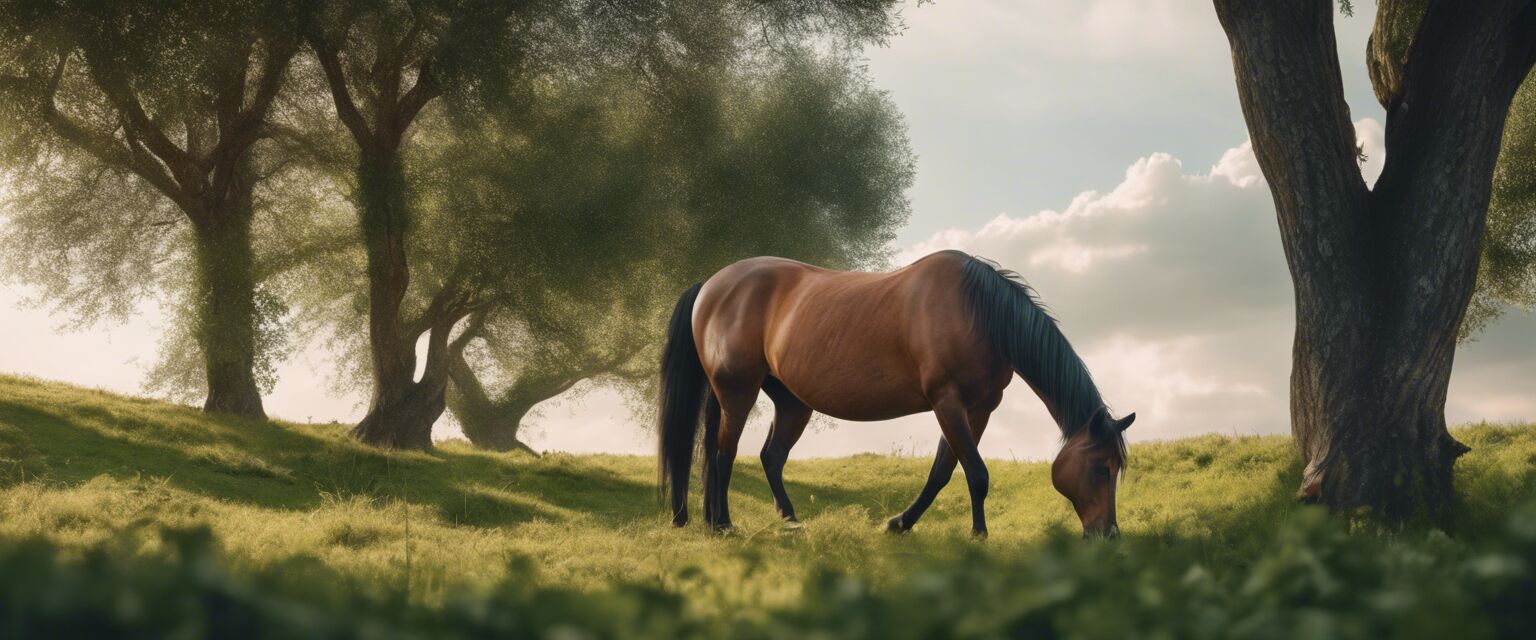
Senior Horse Care
Key Takeaways
- Understanding the unique needs of senior horses is essential for their well-being.
- A balanced diet and regular health monitoring can significantly improve their quality of life.
- Proper hoof care and grooming are crucial for senior horse health.
- Regular exercise tailored to their capabilities helps maintain their physical condition.
As horses age, their care requirements evolve significantly. Senior horses, typically defined as those over the age of 20, may face various health challenges and require specialized attention to ensure they remain healthy and comfortable in their later years. In this article, we will explore the best practices for senior horse care, including diet considerations, health monitoring, and grooming tips.
Understanding the needs of senior horses
Senior horses often experience a range of physiological changes that can affect their overall health. These changes include:
- Decreased dental health, leading to difficulty in chewing and digesting food.
- Reduced metabolism and energy levels.
- Increased joint stiffness and mobility issues.
- Heightened susceptibility to certain diseases and health conditions.
Common health issues in senior horses
Being aware of common health issues in senior horses can help you keep them healthy. Some typical problems include:
| Health Issue | Symptoms | Treatment Options |
|---|---|---|
| Dental problems | Poor chewing, weight loss | Regular dental check-ups, floating |
| Arthritis | Stiffness, difficulty moving | Joint supplements, pain management |
| Metabolic disorders | Weight gain/loss, lethargy | Diet adjustments, medications |
| Colic | Abdominal pain, restlessness | Veterinary intervention, dietary changes |
Diet considerations for senior horses
A balanced diet is crucial for maintaining the health of senior horses. The right nutrition can help prevent various health issues and support their overall well-being. Here are some essential dietary considerations:
- Provide high-quality forage: Easy-to-chew hay or pasture should be the primary component of their diet.
- Supplement with concentrates: Senior horse feeds are specifically formulated to meet their nutritional needs.
- Monitor their weight: Regularly check their weight to ensure they are not gaining or losing weight excessively.
- Hydration: Ensure they have access to fresh water at all times.

Choosing the right feed
When selecting feed for your senior horse, consider the following:
- Look for feeds that include easily digestible ingredients.
- Opt for feeds fortified with vitamins and minerals.
- Consult with a veterinarian or equine nutritionist for personalized recommendations.
Health monitoring for senior horses
Regular health monitoring is essential for keeping senior horses in optimal condition. Here are some key aspects to focus on:
- Routine veterinary check-ups: Schedule regular visits to monitor their health and catch any potential issues early.
- Weight and body condition scoring: Keep track of your horse's weight and adjust their diet as needed.
- Dental exams: Regular dental check-ups are essential for preventing eating difficulties.
- Vaccinations and deworming: Stay up-to-date on vaccinations and deworming schedules.

Signs of health problems
Be vigilant for signs that may indicate health issues in your senior horse:
- Changes in appetite or drinking habits
- Weight loss or gain
- Unusual behavior or lethargy
- Changes in coat condition
Grooming and hoof care
Regular grooming and hoof care are critical for maintaining the health of senior horses. Hereâs what to consider:
- Brush their coat regularly to remove dirt, debris, and dead hair.
- Pay attention to their skin for any signs of irritation or infection.
- Schedule regular hoof trims and checks to prevent lameness.
Pros
- Improved quality of life for senior horses
- Increased lifespan with proper care
- Comfortable and healthy living conditions
Cons
- Potential for increased veterinary costs
- Time-consuming care routines
- Need for specialized feeding and supplements
Exercise and physical activity
While senior horses may not be able to perform at the same level as younger horses, regular exercise is still important for their health. Here are some recommendations:
- Engage in light exercise: Walking and light trotting can help maintain muscle tone.
- Monitor their stamina: Adjust exercise routines based on their energy levels and mobility.
- Consider ground work: Ground work can provide mental stimulation without putting too much strain on their bodies.
Creating a suitable exercise routine
When developing an exercise routine for your senior horse, consider the following:
- Consult with a veterinarian to ensure the routine is safe and appropriate.
- Start with short sessions and gradually increase duration as your horse builds stamina.
- Pay attention to weather conditions; avoid excessive heat or cold.
Stable and pasture management
Proper management of your horse's living environment is crucial for their health and comfort. Here are some tips:
- Ensure the stable is clean and well-ventilated.
- Provide comfortable bedding to prevent joint pressure and discomfort.
- Keep the pasture free of hazards and ensure it's safe for grazing.

By following these guidelines, you can provide the best possible care for your senior horse, ensuring they remain healthy, happy, and comfortable throughout their golden years. For more information, check out our other articles on equine nutrition, grooming, and preventive healthcare.
